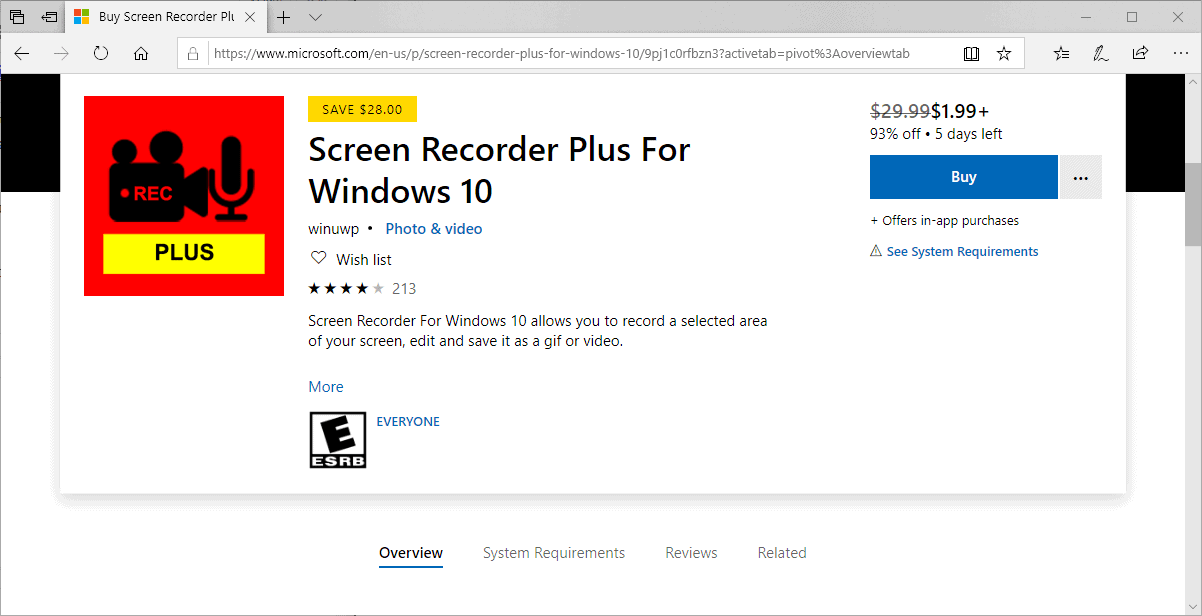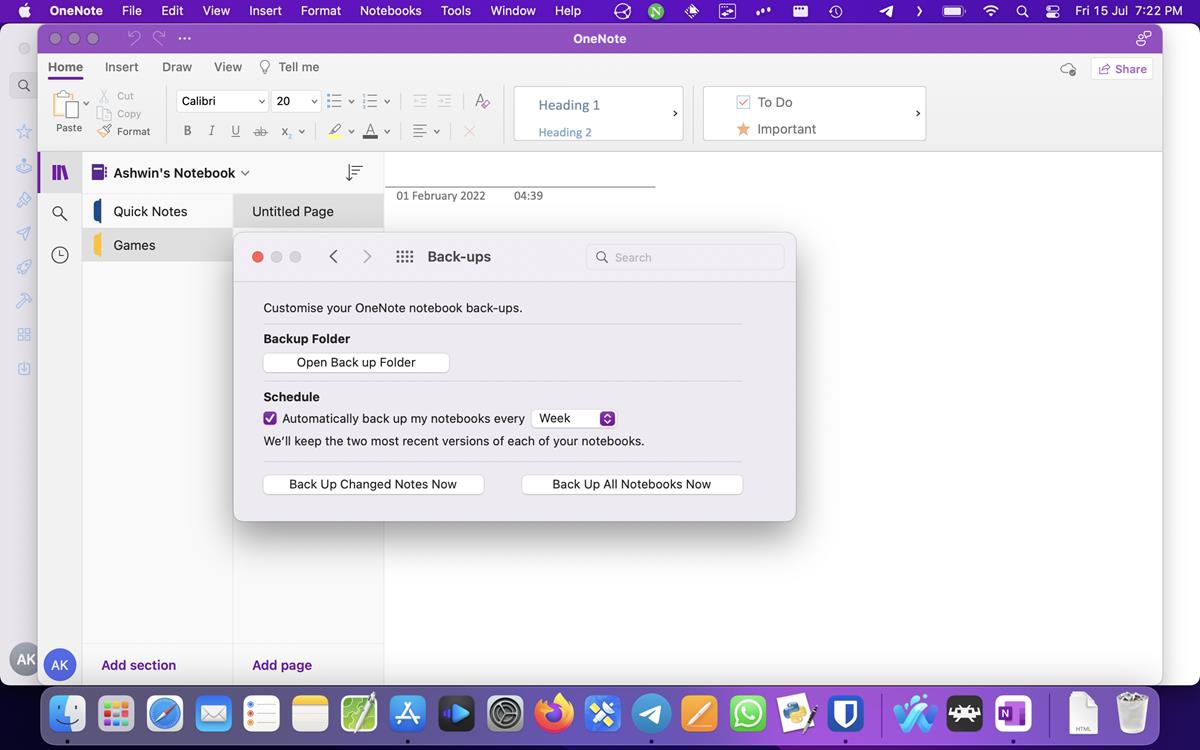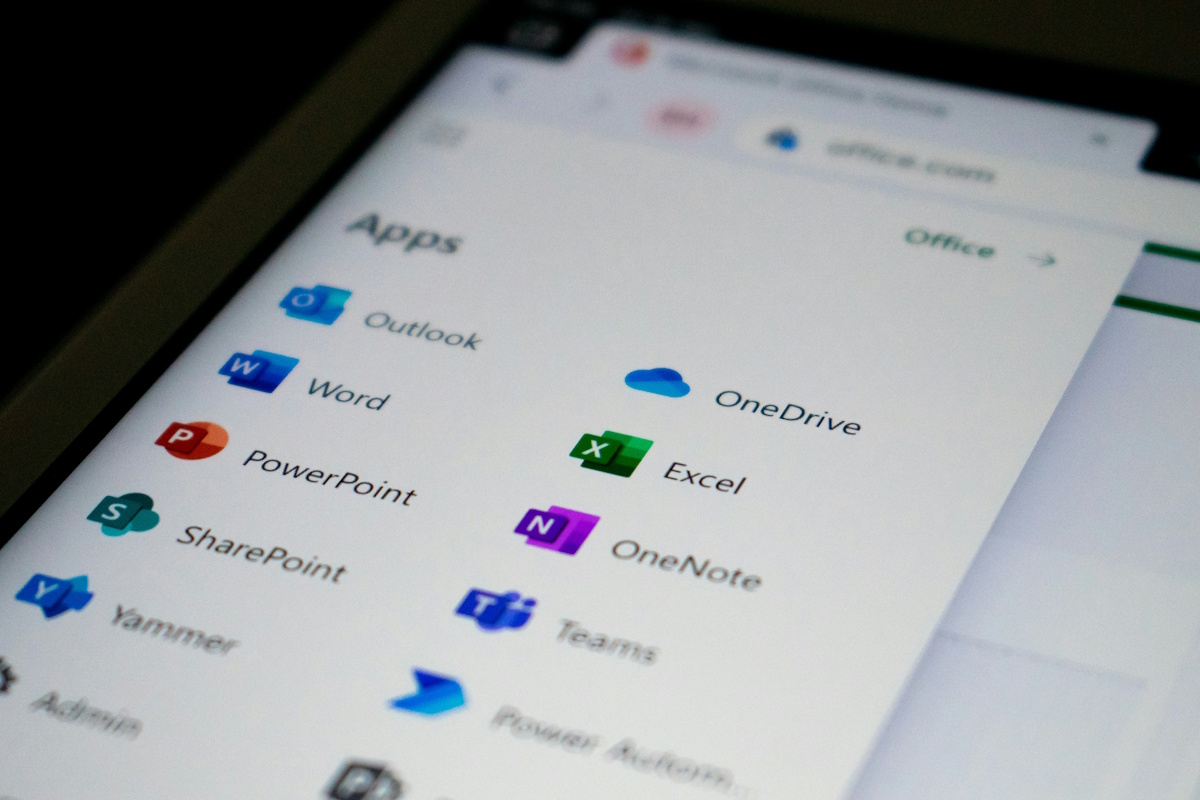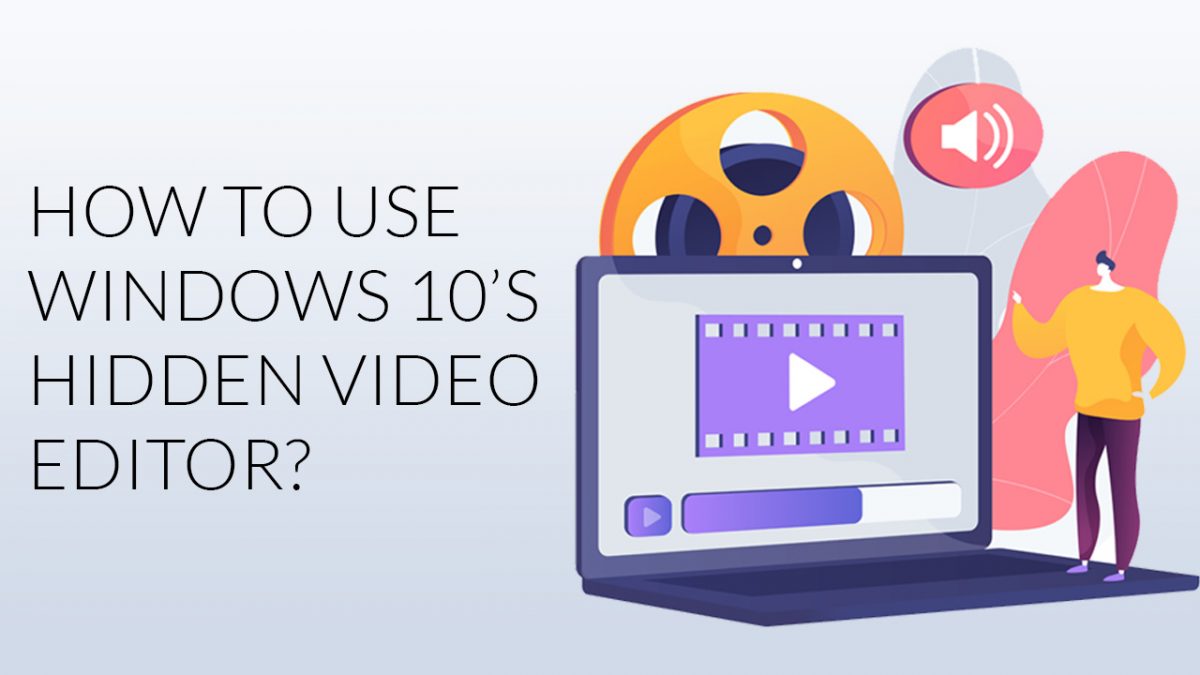Fake (Commercial) versions of Open Source applications on the Microsoft Store

The Microsoft Store, formerly known as Windows Store, has had its fair share of application related issues in the past that ranged from copycat applications, deceiving apps and deceptive apps being published to the Store, to publishers gaming the Store system to improve sales or visibility.
I noticed for a while that third-party developers would publish open source applications on the Microsoft Store. A prime example of this is the release of Mozilla Thunderbird which is offered by a third-party developer for free.
Publication is not illegal necessarily as it depends on the license of the Open Source application. A thread on the Portable Freeware Collection forum highlights a growing issue related to open source software on the Microsoft Store.
Some developers convert open source applications to the UWP format to offer these applications on the Microsoft Store. Some of these programs are offered for money and some are in violation of the original application's license as they may lack attribution or may not be offered for money.

Examples given in the thread include the open source application Screen To Gif which has been converted multiple times and published as Screen Recorder & Webcam Recorder or Screen Recorder Plus for Windows 10. Both of these apps are commercial; the former is free to install but requires users to make a payment to unlock the save functionality, the other is offered for $29.99 right away (with a discount to entice user reviews in the beginning).
Screen To Gif's license supports the copying and release of the application by third-parties, and even commercialization is allowed; attribution and inclusion of the license is required, however.
Other examples of open source application knock-offs include OBS Studio which is offered as Ultra Screen Recorder (with in-app payments), PhotoDemon or Captura.
Some of these knock-offs have hundreds of reviews which are often achieved by setting a high price and offering huge discounts for a period.
It is not uncommon for open source programs to allow the forking of the program but forks need to make sure that the license of the open source application is not violated.
Some of the copycat applications were reported to Microsoft but nothing seems to have changed. The copycats are still available on the Microsoft Store and the developers of the applications are frustrated by the lack of support they receive from Microsoft.
Closing Words
A number of copycat or knock-off applications have been published to the Microsoft Store of which at least some are in violation of software publishing licenses. Microsoft allowed them to be published and it benefits from the publication if these applications are not offered for free.
Some of the original developers reported these applications to Microsoft but nothing seems to have happened in the meantime; the apps are still available on the Microsoft Store at the time of writing.
It is certainly possible that apps are accepted initially especially if they are published under a different name and company, and I would not really blame Microsoft for allowing them to be published. Microsoft should, however, react, the moment apps are reported to the company, and that is not happening it seems.
Now You: What is your take on this?
























I have always been a fan of apps using security and privacy focused OS access APIs. And, now that I manage 2,000+ PCs, I am a fan of software vendors publishing/ updating/ licensing through the Store. So, I have begun to call attention to call attention to this problem using the hash tag #ShouldBeUWP on Twitter and have started reporting imposter open source projects I find in the Store.
Does Windows not offer an official open source repository like any unix-like operating system? and Can’t a Microsoft user notice that in-store software is open source software or not? I don’t know what the real problem is.
Someone should be putting this to trial with Free software foundation lawyers.
GPL v.2 that is used for original ” OBS Studio” states that any derived work has to have same license and GPL states that source code for application must be available and distributed to the user.
Not only “CompuClever© Systems 2019” violates license of the original work, but Microsoft store does not PRESENT licence to the user before installing application, e.g. ALL of Microsoft store is in violation of the law and should be put down.
And that also goes for every other store presenting software without presenting clear license for binaries AND source code, before install.
Unless you are clearly presented with exact license of the software before download and install, you have been victim of fraud and as we can see, fraudsters are not only impostors of applications, but also whole stores.
And as we can see, with unlawful practice, Microsoft is directly exposed for litigation and should be.
Other than that, specifically, GPL v2 ALLOWS REBRANDING and redistribution for-money of binary software (where BINARIES themselves , one distributes, CAN be licensed as you please),
IF source code for EVERY binary release is available in full, to fulfill GPL2 requirement that user have the same power of changing application as the original developer and all in between.
And also you must inform users that their software is under GPL license and that users have RIGHT to get all the source code with binaries.
With GPL users and developers are the same thing, only thing that differentiate between project developers and other users is control over the BRAND name and web site(s) domain names ownership control.
If source not available to the user, for GPL software, that’s is the clear case for FSF lawyers.
If same BRAND NAME is used, then that is the case for the hurt projet lawyers.
Only thing one needs to do is to complain at the software store, and to complain to FSF over GPL violation or to original project maintainers, for brand name violation.
Its easy to spot these fake apps because many of them have over 200 plus fake 5 stars. Everything in the trending apps category is a scam app.
Probably, the fake/forked open-source(= Linux) apps in M$ Store are put there by M$/Github people, so that M$ can trumpet to the world that she has hundreds or thousands of UWP apps in her Store.
……. If so, maybe M$ should have done the same with open-source Android apps, ie M$ put them in Win 10 Mobile’s M$ Store.
Note that very few Windows app developers have put their apps/programs in M$ Store.
I admire all the people who work on open source projects. Especially when there are out there scammers, license violators who try to make a buck from their hard work. Microsoft should remove all these scammers from their store. Now.
Really doesn’t matter–the apps are being published by resourceful capitalists who managed to make some money from another person’s work. It happens all of the time.
People go to Walmart, purchase a bunch of clearance items, and sell them on eBay for three or four times the clearance price.
Lots of opportunities like this all over the Internet. Amazon is really starting to have a problem with 3rd party sellers who violate the Amazon terms in regard to pricing, returns, etc.
Any one of us here could do the same, make a substantial sum of money, and maybe be told that we have violated some terms; no lawsuit will come from any of it.
Only those with some pseudo-ethical, moral facade aren’t doing the same thing in some way some where.
I don’t hear of lions crying out for forgiveness after eating a gazelle. Or lawsuits. Nor have I ever read a story about how wrong it is for Nature to allow such an act of seeming alarm. Or trophy hunting . . . .
“Some are in violation of software publishing licenses.”
Human rights violations; environmental safety violations; endangered species violations; financial institution and SEC violations. On and on.
Within this short span of two minutes of writing, how many “violations” of some sort have occurred?
And people think it’s going to change.
@VioletMoon: “Only those with some pseudo-ethical, moral facade aren’t doing the same thing in some way some where.”
So you think that people who act ethically are only engaging in a facade? That’s an interesting point of view, as it implies that there is no such thing as ethical people. While I’m not nearly as cynical as that, I would say that as long as people are acting ethically, then they are by definition being ethical. So, I’ll take that sort of “moral facade” any day of the week, and praise those pseudo-ethical people.
“things are bad so we shouldn’t try to make them better”
I thought these closed app stores were supposed to make computing safer than just having people plug “libreoffice” or “firefox” into Google and then clicking whatever is the first link. (sometimes doing this will get you a sponsored match that comes with malware instead of the actual site of the respective project)
But closed stores can only be secure if the applications in the store are actually vetted by humans before being published, which costs the entity running the store… you guessed it… money! And that’s why it doesn’t happen.
As such, it almost smells like these closed store systems are only a cash grab, especially when they start talking about charging extra for a switch to avoid the store in the first place. (Windows 10 S, I’m looking at you)
If you (the entity running the store) are taking a 30% cut of sales in said store, then you can pay people to investigate newly published programs before serving them up to users!
How do people know that some of these commercial apps are written using open source code? Unless the source code of the commercial app is available, there can be no way to know how they were engineered. Surely a scammer wouldn’t publicly fork an open source project and keep the commercial version on github or wherever.
Delete Microsoft Store.
Replace it with Chocolatey.
https://chocolatey.org/
Even microsoft itself dosnt bother to maintain that “microsoft store” :)
What are you talking about? The GPL, and most open source licenses for that matter, 100% allow distributers of apps to ask for a price.
In addition, why hate on developers that want to bring open source software to the Microsoft Store, for free especially? Software like Thunderbird cannot be installed on S-Mode devices without the Store. Why not *embrace* developers to bring open source software to the store?
Exactly! The GPL license does NOT prevent the commercialization of open-source software at all, and in facts states that it is permitted! So there is nothing illegal or immoral to what these commercial developers are doing.
FOSS (free and open-source) means you can do whatever the hell you like with it, as long as you make the source code for that app available to others who want it. As long as they’re doing that, then they have every legal right to make (a lot of) money from it, too.
Make the miserable license conditions and bad curation in the M$ store public at every opportunity…
It’s best that UWP is forgotten. I wouldn’t even miss any UWP apps if they cannot run in a future “modern” version of Windows after Windows 10. It would be a nice cleanup in fact – UWP brought a large amount of bloat to Windows so it should get lighter with it cleaned up. But sadly Microsoft will not do it although they did do away with Windows 8/8.1’s Metro apps – they never ran on Windows 10.
The Store allows Microsoft to take a percentage on the sales and to censor the content for their own profit but they don’t remove malware. Even free applications must pay a registration fee to Microsoft to be listed. Pure parasitism.
disgusting.
thanks martin
A good solution would be the devs publishing the software on the Store on their own, so others won’t have a chance to make a copy and scam people. But that requires additional work that’s no one willing to do…
That sums up the problem with the store to begin with. Nobody wants it except MS. Win32 is the standard that keeps everyone stuck using Windows, UWP is fighting against Microsoft’s own standard and doesn’t offer any benefits to developers or advantages to users.
@Anonymous: Most of us want Win32 stuff ported via Project Centennial because there are many benefits like one-click installs, no dll hell, no file and registry leftovers after uninstall, auto updates immediately after the dev pushes them to Store, they run sandboxed and more. Try CrystalDiskMark, EarTrumpet, TreeSize Free or any other converted application and you’ll see what i mean.
I’d love to have converted programs like AIMP, Firefox, Notepad++, qBittorrent, Thunderbird and VLC, but sadly devs are against it for the same reason you wrote -> “nobody wants it”
Btw: the UWP and “let’s point the icon to an url and call it an app” web app portion of the Store can go to hell lol
@ Haroo
What you wanted would have resulted in a successful M$ Store becoming like the “closed-source” Google Play Store or Apple App Store = app/program developers being financially exploited and censored by M$.
They would be willing to do this work if anybody cared about this store. Only Microsoft fanbois who love every crap Microsoft wants to push care about it. The amount of work doesn’t justify the benefit of having it there. With a few exceptions only a scammer trying to make money from the work of others would publish there, or a commercial program.
WinSCP, HeidiSQL, Blender, Paint.NET guys disagree.